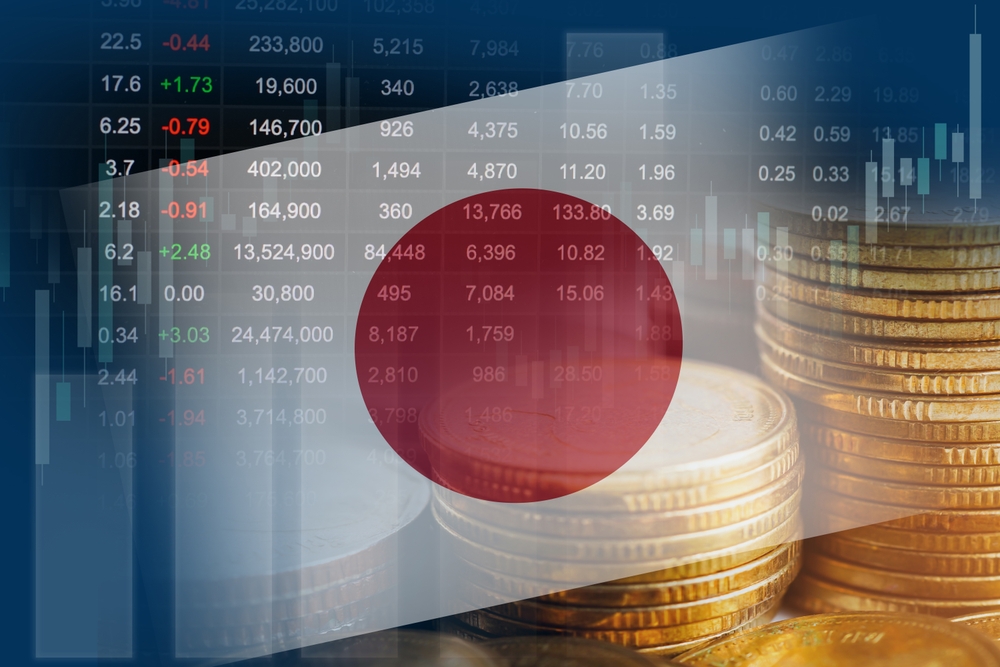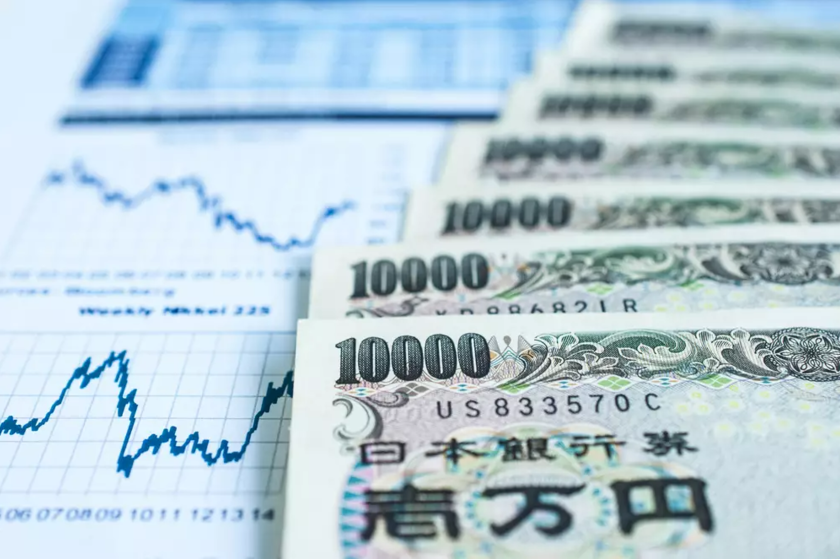In recent years, exchange-traded funds (ETFs) have gained popularity as a convenient way to invest in various assets, including currencies. Among these, Japanese Yen ETFs are often overlooked, despite offering unique opportunities for investors.
But the real question is, are Japanese Yen ETFs worth the investment? In this article, we'll explore the potential benefits, risks, and overall value of investing in Japanese Yen ETFs, and what you should consider before making any decisions.
What Is a Japanese Yen ETF?

A Japanese Yen ETF is an investment fund that tracks the value of the Japanese Yen (JPY) against other currencies or an index. These ETFs provide investors with exposure to the performance of the Japanese Yen without needing to directly trade currency pairs.
By purchasing shares of a Japanese Yen ETF, investors can benefit from changes in the exchange rate between the Yen and other currencies, typically against major currencies like the US Dollar (USD) or Euro (EUR).
Japanese Yen ETFs come in various forms, from funds that track the Yen's performance relative to other currencies to those focusing on Japanese interest rates and economic indicators. This variety allows investors to tailor their exposure based on their specific investment goals.
The Appeal of Japanese Yen ETFs
One of the main reasons investors turn to Japanese Yen ETFs is the low-cost, diversified exposure they offer. Direct currency trading can be complex and requires significant knowledge of the forex markets. By contrast, investing in an ETF is much simpler and can be done through traditional brokerage accounts.
Moreover, Japanese Yen ETFs provide a convenient way to diversify a portfolio, especially for investors seeking to hedge against fluctuations in their other currency holdings. The Yen has historically been considered a "safe-haven" currency, meaning it tends to perform well during times of global uncertainty. As such, Japanese Yen ETFs can act as a stabilising force in a diversified portfolio, reducing overall risk during market downturns.
Benefits of Investing in Japanese Yen ETFs
Diversification of Currency Exposure
Investors holding global portfolios may benefit from the diversification provided by Japanese Yen ETFs. The Yen is known for its stability, especially when compared to other currencies, making it a useful tool for spreading risk across different asset classes.
Safe-Haven Asset
Japan's economy and currency often act as a safe haven in times of geopolitical or economic uncertainty. As a result, Japanese Yen ETFs are an attractive option for investors looking to protect their assets during periods of market volatility.
No Need for Currency Trading Knowledge
Trading foreign currencies requires specific expertise, which many investors lack. Japanese Yen ETFs provide an easy way to gain exposure to currency movements without needing to directly trade forex. This simplicity appeals to those who prefer a more hands-off approach to currency investing.
Potential for Profit in Volatile Markets
In a volatile market environment, Japanese Yen ETFs offer the potential for profit as the Yen appreciates or depreciates against other currencies. Whether driven by shifts in global economic conditions or changes in interest rates, Japanese Yen ETFs can capitalise on currency fluctuations.
Risks Associated with Japanese Yen ETFs
While Japanese Yen ETFs offer several advantages, they are not without their risks. Like any other investment, there are downsides that investors should be aware of before committing capital.
Currency Risk
One of the main risks when investing in Japanese Yen ETFs is currency risk. The value of the Yen can fluctuate significantly, which can lead to losses for ETF investors. For example, if the Yen depreciates against other major currencies, an investor's position may lose value.
Interest Rate Sensitivity
The Japanese economy is heavily influenced by changes in interest rates. The Bank of Japan (BOJ) has maintained ultra-low interest rates for years, and any changes to this policy could have a profound impact on the performance of Japanese Yen ETFs. Investors need to stay informed about the BOJ's monetary policy to better understand how it may affect their investments.
Limited Capital Appreciation
Japanese Yen ETFs generally do not offer the same level of capital appreciation potential as other investments like stocks or commodities. The performance of these ETFs largely depends on fluctuations in the exchange rate, which may not result in significant long-term growth.
Geopolitical and Economic Risks
Although the Japanese Yen is considered a safe-haven currency, Japan is not immune to geopolitical and economic risks. Trade tensions, natural disasters, and other events can affect the value of the Yen and, consequently, the performance of related ETFs.
How to Invest in Japanese Yen ETFs

Investing in Japanese Yen ETFs is relatively simple. These funds are typically available through most major brokerage firms, and shares can be purchased just like stocks or other ETFs. When choosing a Japanese Yen ETF, it's essential to research the fund's underlying assets, fees, and overall performance history.
Many investors also choose to buy these ETFs through retirement accounts like IRAs, as they offer a convenient way to gain currency exposure without directly managing forex trades. However, before investing, it is crucial to assess your risk tolerance and determine if Japanese Yen ETFs align with your broader investment strategy.
Conclusion
Japanese Yen ETFs can offer valuable diversification, the potential for profits during times of volatility, and a way to hedge against market uncertainty. However, like any investment, they come with risks, particularly related to currency fluctuations and interest rate changes. For investors seeking a more accessible way to gain exposure to the Japanese Yen without diving into complex forex markets, Japanese Yen ETFs may be a worthwhile consideration.
As with any investment, it's important to assess your financial goals, risk tolerance, and the broader market environment before making a decision. Japanese Yen ETFs are not suitable for all investors, but for those looking for safe-haven exposure or diversification within a currency portfolio, they may be an attractive option.
Disclaimer: This material is for general information purposes only and is not intended as (and should not be considered to be) financial, investment or other advice on which reliance should be placed. No opinion given in the material constitutes a recommendation by EBC or the author that any particular investment, security, transaction or investment strategy is suitable for any specific person.








